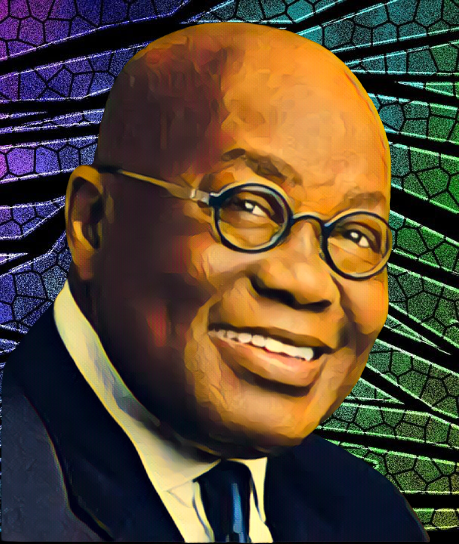The daughter of Ghana’s President Nana Akufo-Addo, Edwina Dokua Akufo-Addo, was part of the country’s 618-member delegation to the COP28 summit in Dubai, United Arab Emirates (UAE).
Controversy over delegation size
Ghana’s delegation size has sparked controversy and criticism, especially in a time of economic distress. Ghana was the third-largest African delegation to the summit, behind Nigeria’s record-breaking 1411 and South Africa’s 627.
Based on a report by Ghana Web , some opposition politicians and civil society groups have questioned the rationale and cost of sending such a large team to the climate conference. Haruna Iddrisu, a former minority leader in parliament, demanded a probe of the list and urged the government to be more prudent in its spending.
President’s daughter’s role
According to the provisional list of attendees, Edwina Akufo-Addo was listed as a technical assistant at the Climate Change Unit of Africa Women and Children Conference (AFRIWOCC). AFRIWOCC is a biennial conference that provides a platform for stakeholders and experts to deliberate on issues affecting women and children in Africa.
It is unclear what her specific duties and qualifications were for the summit, and whether she was part of the official government delegation or the overflow category. GhanaWeb has not been able to reach her or the AFRIWOCC for comment.
Other African leaders’ children involved
Ghana is not the only African country that has seen the involvement of the president’s children in the climate summit. Nigeria’s Bola Tinubu, a presidential aspirant, sent his son Seyi as part of the Nigerian delegation. Namibia’s President Hage Geingob also faced backlash for including his children in the Namibian delegation.
Despite the controversy over the delegation size, Ghana has made some significant pledges and achievements at the COP28 summit. Ghana announced its updated nationally determined contribution (NDC), which aims to reduce its greenhouse gas emissions by 30% by 2030, compared to the 2015 baseline. Ghana also secured a $170 million grant from the Green Climate Fund to implement its forest restoration and enhancement program.
Ghana is one of the most vulnerable countries to the impacts of climate change, such as rising temperatures, erratic rainfall, droughts, floods, and coastal erosion. The country has been taking steps to adapt to these challenges and mitigate its emissions, while pursuing its sustainable development goals.




